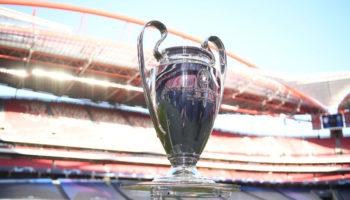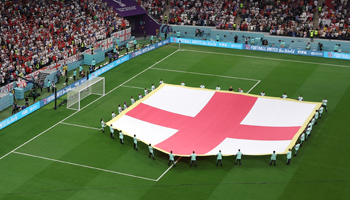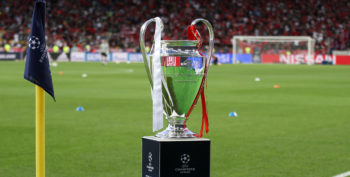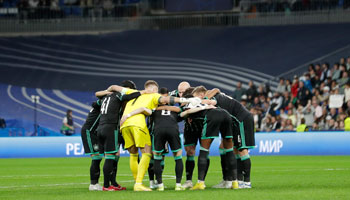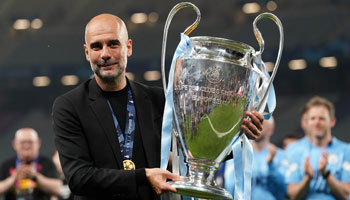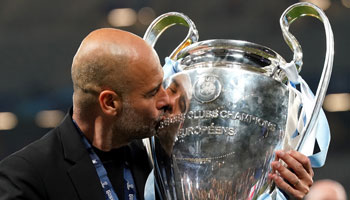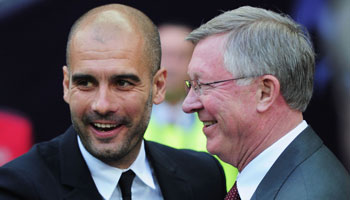The Champions League and Europa League have both reached the semi-final stage and Liverpool and Arsenal are flying the flag for English football.
We have analysed historic data from both competitions to identify trends in terms of what success or failure might mean for the teams next season, and which squads look best equipped to deal with the pressure of reaching the last-four stage.
Here is what we found…
Does winning a trophy lead to further success?
A major trophy is often cited as being a springboard for further success, but is there any substance to this? A glance at the Champions League roll of honour over the last two decades suggests that it certainly translates into better league performances, with eight of the nine winners who didn’t also claim their domestic league title going on to finish higher the following season. A Europa League triumph has also tended to herald improvements in the league, with only one of the seven clubs who claimed the trophy while finishing outside their division’s top four faring worse the following year.
In the last three seasons, both Manchester United and Sevilla (twice) have benefited from the rule change that gives Europa League winners direct passage into the Champions League, but even before this it was common to see the Europa League trophy holders in the latter stages of UEFA’s more illustrious tournament. Over half of the clubs who have stepped up from one competition to the other in the last 20 years have gone on to reach the knockout stages, although Jose Mourinho’s Porto were the only ones to win both back-to-back.
Do younger or older squads fare better?
In the Champions League, age has definitely proved to be an advantage since the current format was established. In those 14 seasons, 10 of the winners have been one of the two oldest semi-finalists, based on the average age of their line-ups over the two legs, with the youngest of the four teams never walking off with the trophy in this period. This doesn’t bode well for Liverpool’s youthful side, whose quarter-final line-ups had an average age of just over 26.
By comparison, the Europa League often sees more youthful sides thrive, with the eventual winners tending to be around six months younger than other semi-finalists on average. This is bad news for Arsenal, whose quarter-final line-ups were the oldest of any side remaining in this year’s competition, while making Salzburg’s young team potential dark horses.
Does big-game experience provide an edge?
Age is one thing, but specific experience of high-pressure situations is often more telling. Nine of the last 10 clubs to lift the Champions League trophy had at least 10 players in their squad with previous experience of a semi-final in the competition, so players regularly reaching the latter stages appear to have a clear advantage at handling the pressure. This could count against Liverpool, who only have one player – Joel Matip – that meets this criterion.
Champions League semi-final experience can also provide an edge in the Europa League. Teams who have reached the last four with at least two squad members having one under their belt have won the trophy in six of the seven finals they’ve reached. While Arsenal’s Mesut Ozil and Petr Cech have reached the last four of the Champions League before, the Gunners’ pedigree pales alongside that of Atletico Madrid, who have a whopping 18 players in their squad to have done so.
Is success key to keeping a squad together?
Liverpool and Arsenal need to watch out if they fail to lift their respective trophies, as there’s a well-worn path of players leaving the ranks of semi-finalists in the summer after their team failed to win a European trophy. In the Europa League, stars such as Jordi Alba, Mo Salah and Arsenal’s own Alexandre Lacazette have jumped ship following the disappointment of failure. In the Champions League, some of the top players in the world have moved on immediately after their team fell short, including Manuel Neuer, Toni Kroos and Cristiano Ronaldo.
Join bwin today and receive up to £10 money back as a FreeBet if your first wager at odds of 1/1 (2.0) or greater is a loser! Terms and conditions apply.
Stay close to the action with the bwin app. Access more markets than any other betting provider and scan our in-depth football statistics menu to find and make your bet selections fast. Download now the best betting app.



